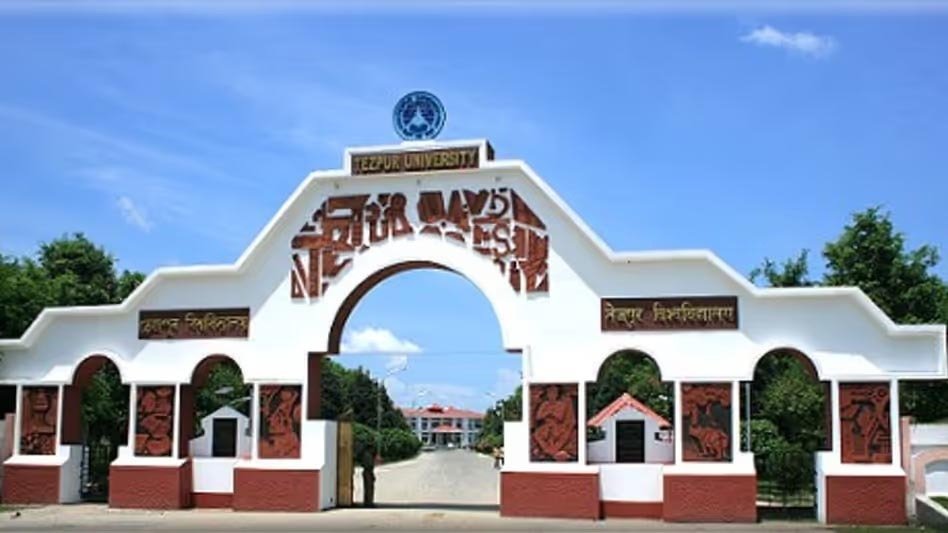GUWAHATI, July 30: A portable device to detect tuberculosis with the help of a smartphone has been developed by a team of researchers at Tezpur University in Assam.
The new device, developed by a team led by professor Pabitra Nath of the Department of Physics, does not need any chemicals or dyes.
It uses the natural glow (autofluorescence) of TB bacteria for detection and has a built-in heating system, Nath said.
It is also price-effective as it costs under Rs 25,000 and weighs less than 300 gram, which makes it portable and a perfect fit for places with limited healthcare infrastructure, he said.
TB is a major public health issue in India, with early and accurate diagnosis crucial to stop its spread, he added.
The World Health Organisation (WHO) and India’s National TB Elimination Program recommend LED fluorescence microscopy as the gold standard for TB screening.
“While LED-FM offers higher sensitivity than conventional optical microscopy, it has several drawbacks. It depends on costly equipment, chemical staining agents like auramine-O, and trained personnel for sample preparation and interpretation,” Nath said.
“Furthermore, its reliance on laboratory infrastructure makes it impractical in many rural settings,” he said.
The device, developed at TU, leverages the principle of autofluorescence, a natural property of certain microbial cells, including Mycobacterium tuberculosis (mTB) cells, which emit fluorescence signals when excited by specific wavelengths of light.
The key innovation is in the integration of a heating element within the sensor, as by “raising the temperature of the bacterial sample, the system enhances the natural fluorescence signal from TB cells, enabling trace-level detection without the use of stains or dyes”, Nath said.
The research team includes scholars Biprav Chetry and Chunuranjan Dutta of the Department of Physics, JP Saikia and Santanu Goswami of the Department of Molecular Biology and Biotechnology, and Abhijit Gogoi of Labdig Innovations and Systems Pvt Ltd.
The team has already filed a patent for the device, and the findings have been published in an international journal, Biosensors and Bioelectronics.
TU vice-chancellor Shambhu Nath Singh said this innovation has the potential to make a big impact in the fight against TB, especially in rural areas. (PTI)












